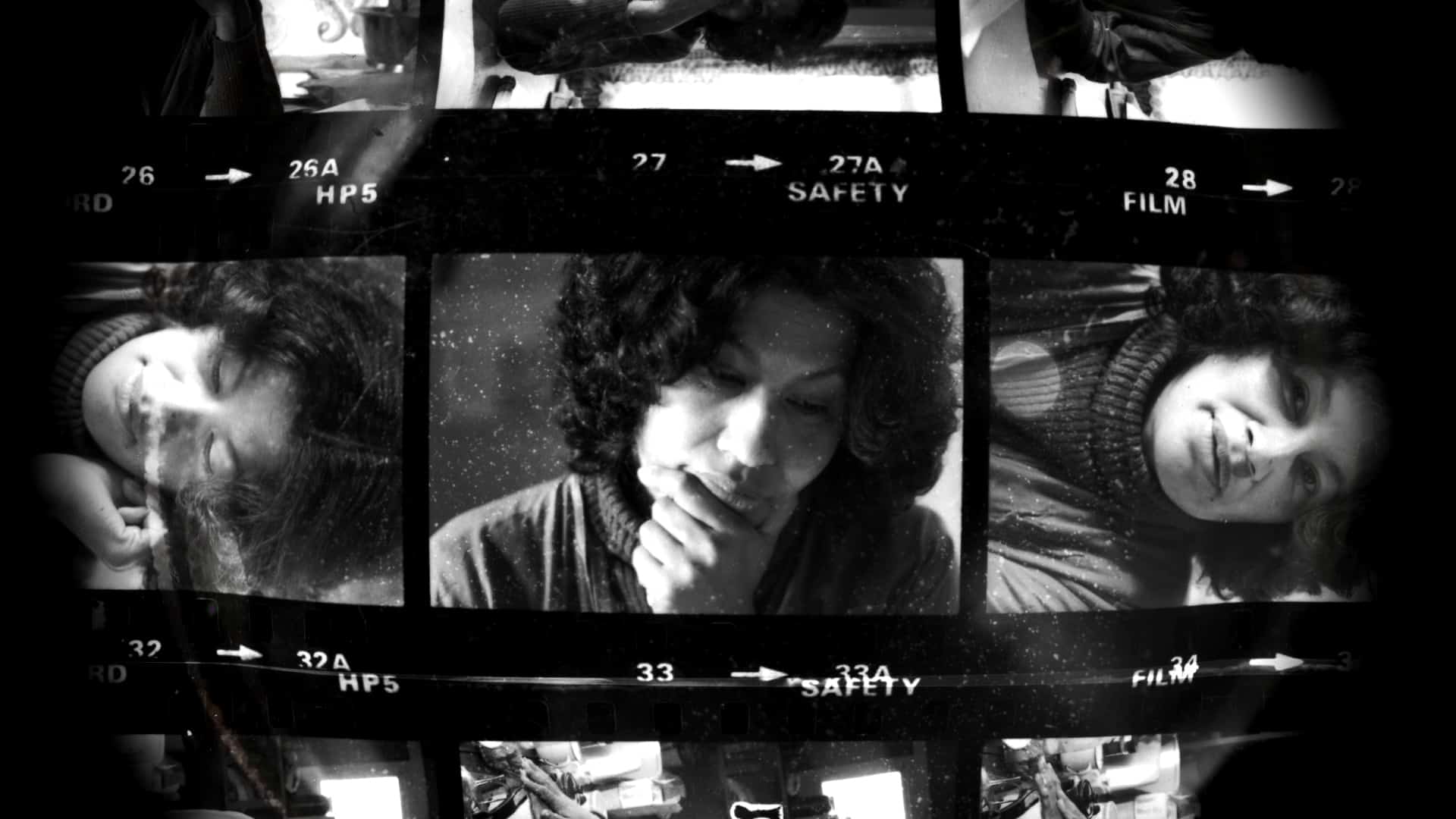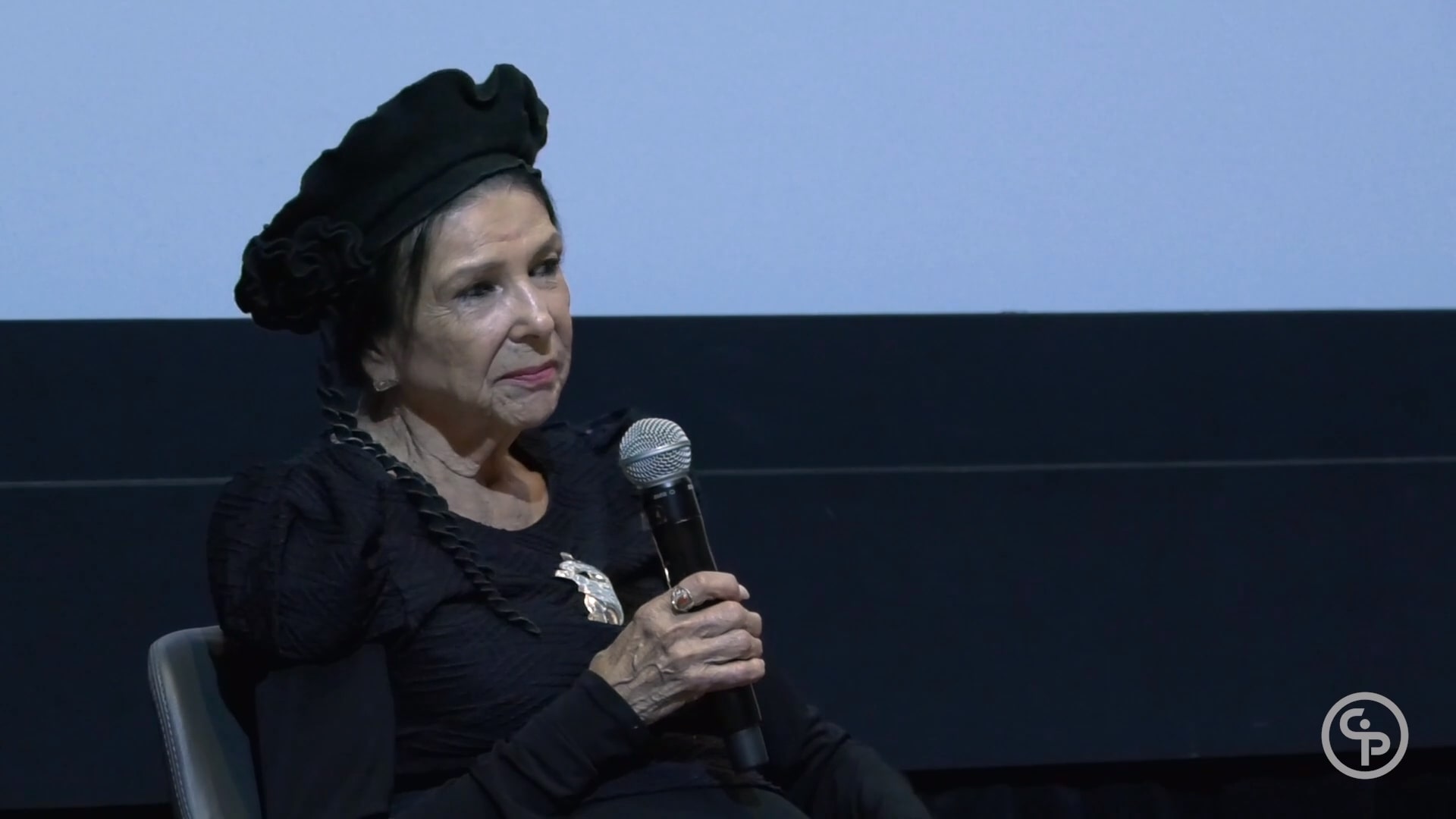
Merata: How Mum Decolonized the Screen
par Heperi Mita
Who better to give justice to the rich legacy of one of the founders of Indigenous cinema than the son of the Māori artist-activist Merata Mita.
2018 · 1m · Nouvelle-Zélande
Maori
Partager
À propos du film
I never saw my mum as a filmmaker, nor was she ever an activist in my eyes. She was always a loving mum. And as the youngest of her six kids, that was the only side of her that I really knew.
There was a lot about her 68 years of life I didn’t know, and it is within the vaults of the film archive that she tells me the story of her past.
My mum, Merata, was the first Māori woman, and first indigenous woman in the world, to write and direct a narrative feature film. She directed movies in Hollywood, interviewed Robert Mugabe in Zimbabwe, and worked for various respected organisations around the world such as the BBC and National Geographic.
Her independent political documentaries of the ‘70s and ‘80s highlighted the injustices for Māori people in New Zealand, and often divided the country.
But the suffering of my older siblings during these times was all too real. Her drive for social justice would have to be weighed against the dangers her work would expose them to.
By weaving together films discovered within the vaults of the archives with the deep personal accounts of my older brothers and sister, a deeply intimate portrait emerges and my mother’s story reveals itself to me, and to the rest of the world, for the first time.
Projections à venir
Restez à l'écoute pour des projections à venir!
Festivals et prix
New Zealand International Film Festival, Official Selection
Sundance Film Festival, Official Selection
Berlin NATIVe International Film Festival, Official Selection
Hot Docs Film Festival, Official Selection
DOXA Film Festival, Official Selection
Dans la presse
Critique
Critique
Editor
Te Rurehe Paki
Cinematographer
Mike Jonathon
Producer
Chelsea Winstanley
Writer
Hepi Mita
En lien avec le film

Lire la vidéo

